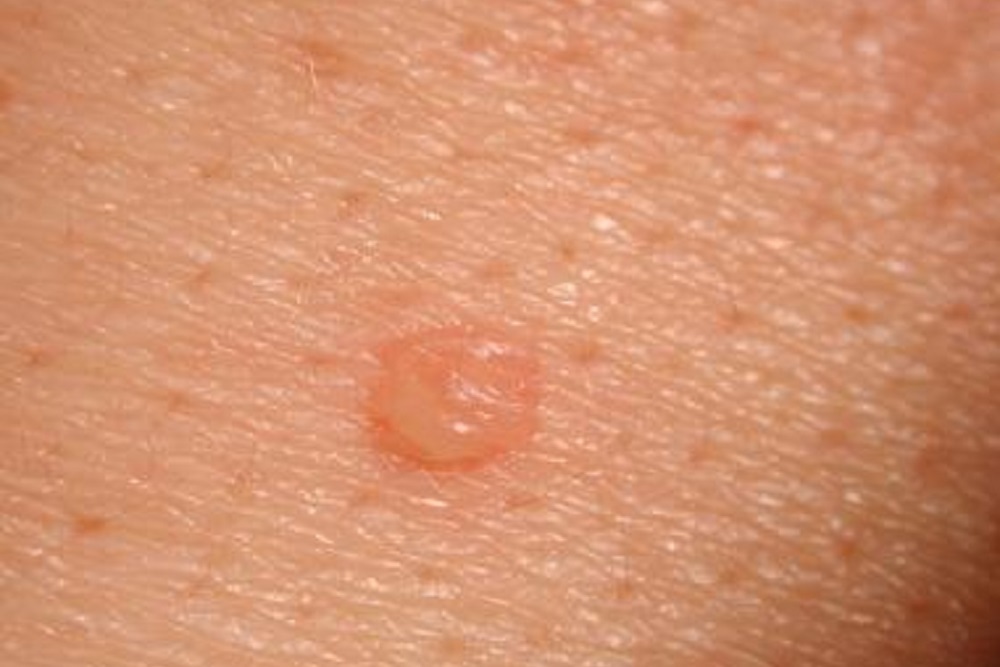PRN1008 — acting as a reversible covalent Bruton’s Tyrosine Kinase (BTK) inhibitor — has attained orphan drug designation by the U.S. Food and Drug Administration for treating pemphigus vulgaris, its producer Principia Biopharma Inc. announced recently.
Now proceeding with a Phase 2 trial for the product, the company developed PRN1008 to combat the “serious autoimmune skin disorder,” company officials said from its South San Francisco headquarters.
“Receiving U.S. orphan drug designation for pemphigus vulgaris is an important milestone,” Principia Biopharma Chief Medical Officer Steve Gourlay. “PRN1008 has the potential to control the disease while significantly reducing prednisone use and its related risks, and may become an important treatment option for this devastating disease.”
PRN1008’s development was based on Principia’s own Tailored Covalency technology for best outcomes in safety and efficacy. As formulated, it imparts “antibody-like specificity,” which in turn thwarts immunological failure.
Pemphigus vulgaris impacts approximately 40,000 individuals nationwide and 170,000 worldwide, manifesting in skin blisters and mouth and genital ulcers. It affects men and women equally and is caused by autoantibodies that trigger inflammation by weakening the bond between skin cells.
Treatment for this disorder until now has relied on corticosteroids in combination with an immunosuppressant. Orphan Drug designation supports the development of products that may provide therapeutic benefits for rare diseases and carries certain marketing benefits following FDA approval.








 Alerts Sign-up
Alerts Sign-up